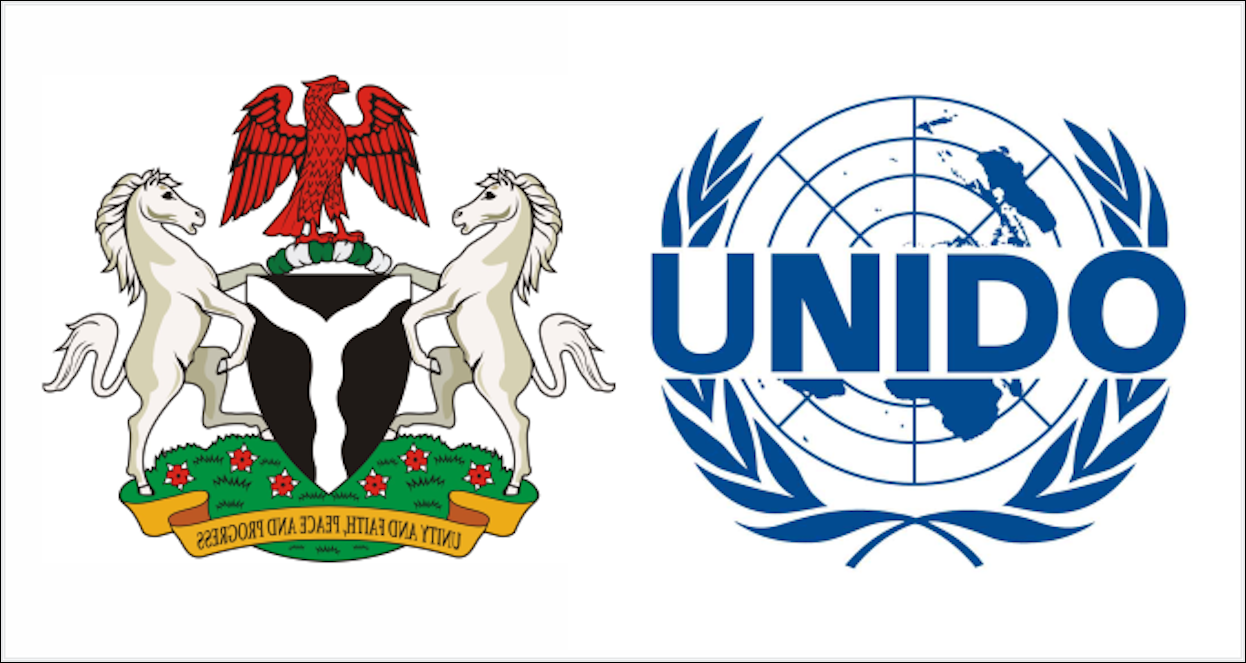- UNIDO Begins Enterprise Development Scheme in Nigeria
The United Nations Industrial Development Organisation’s Investment and Technology Promotion Office has commenced the Enterprise Development and Investment Promotion programme in Nigeria.
The programme, which was set rolling with the first train-the-trainers workshop in Lagos on Tuesday, was designed to develop capacity and foster enterprise and investment promotion through the development of first-rate business incubation management and counselling systems.
One of the facilitators at the workshop, Mr. Afif Barhonmi, said that with the right regulatory incentive framework and frame of mind by entrepreneurs, the Nigerian economy could take a step forward in merging the goals of entrepreneurship development, youth empowerment/engagement, continuous economic diversification, industrial upgrading and technological innovation, to make the nation a more competitive brand in the African continent and the world at large.
He said, “We are starting with the ITPO Nigeria in order to develop capacity for the local team and also a centre for entrepreneurship in Lagos and other regions. This is the first capacity programme and there will be others on developing business incubation management system and counselling.
“This team is a tough team because they are professionals with wealth of experiences.”
Participants agreed that developing the business growth cycle would require assistance schemes and policies, which would contribute to the transformation of the Nigerian economy and its integration.
They argued that it was not only important to encourage entrepreneurs to invest in the economy, but also to improve the policy environment.
Another key element highlighted at the forum was the need to create entrepreneurial competencies and self-rating questionnaires, in addition to identifying potential investment areas.
The Director, Research and Innovation Centre, University of Lagos, Prof. Wellington Oyibo, described the workshop as timely, adding that it was the much-needed tool that could deliver the Nigerian economy from recession.
According to him, if both the government and stakeholders do not join hands now to manage the entrepreneurs to excel, then the country would have destroyed the engine room of the economy.
Oyibo said, “Looking at the different models introduced/unveiled at the workshop, we have been able to craft what will work for us as a country.
“The workshop cuts across training the trainers; it helps us to begin to synthesise in our different spaces. We will use the robust discussion to calibrate across different fields, because participants are from different fields.”
The Director-General, Sokoto State Small and Medium Enterprise Development Agency, Ms. Aisha Hassan, described the first of its kind event as an eye opener for both entrepreneurs and the government.
She admitted that conventional national statistics and methodologies were not enough to impact economic development, but added that attracting the right potential entrepreneurs, absorbing new technologies as well as following international standards of production and global value chains had tremendous implications for inclusive and sustainable industrial development in the country.
“The workshop has taught us all that and it is very interesting and exciting. We have learnt a lot and will ensure we develop it to improve our entrepreneurs in Sokoto State,” she said.
The Head, UNIDO ITPO, Nigeria, Mrs. Adebisi Olumodimu, explained that the workshop was conceived to support the Federal Government in its bid to diversify the economy.
According to her, it is time for Nigerian entrepreneurs to explore vast opportunities in the non-oil sector, especially with the dwindling prices of crude oil in the global market.
“Our focus is on enterprise development, because we discovered that investors do not have the desired skill and knowledge of enterprise development. That is the reason we are training entrepreneurs and government agencies, because they are the ones we will be using locally to develop our SMEs,” she said.

 Naira3 weeks ago
Naira3 weeks ago
 News4 weeks ago
News4 weeks ago
 Naira4 weeks ago
Naira4 weeks ago
 Naira3 weeks ago
Naira3 weeks ago
 Jobs3 weeks ago
Jobs3 weeks ago
 Travel3 weeks ago
Travel3 weeks ago
 Naira3 weeks ago
Naira3 weeks ago
 Investment4 weeks ago
Investment4 weeks ago






























